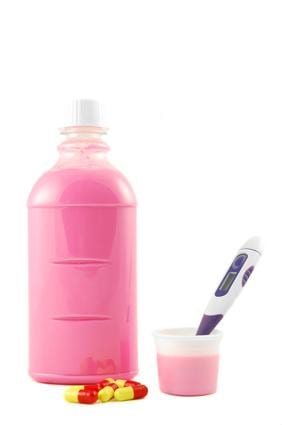Acid reflux is when stomach acid flows back into your esophagus, occasionally all the way up to the back of your throat. It’s painful and can interfere with your life. Fortunately, simple lifestyle changes may help to relieve your acid reflux. While there is no one method that works for all reflux sufferers, you can experiment with the basic diet guidelines to find what works for you.
Go Low Carb
A 2006 study reported in “Digestive Diseases and Sciences” from the University of North Carolina at Chapel Hill found that a low carb diet–such as the Atkins diet–helps to relieve symptoms in overweight patients with gastroesophageal reflux disease (GERD), of which acid reflux is a symptom. The effects were noticeable after just one week. To follow this type of diet, you need to eliminate carbohydrates–breads, potatoes, rice and pastas–from your diet, focusing on meats and vegetables.
Eliminate Spicy Foods
Spicy foods are also likely to contribute to acid reflux, so you may want to turn down the spice a lot, according to the National Digestive Diseases Information Clearinghouse (NDDIC). This does not mean that you can only eat bland foods. Use alternative spices, such as oregano and basil, to flavor your foods. Keep a journal to note which spices tend to make your reflux flare-up. For example, some people can handle garlic, while others cannot.
Lighten Up
Try to avoid foods high in fat, which have a tendency to cause acid reflux, according to Web MD. Trim the fat off your meats and avoid deep-fried foods. You may be able to get the same taste with less fat by breading your foods, spraying them with cooking oil and baking them in the oven.
Cut Back on Caffeine
Caffeinated drinks, like sodas and coffee, are acid-producing which causes acid reflux problems, based on studies by the NDDIC. Water is the king of drinks; you should try to drink as much of it as possible. You can also try to replace coffee with tea. Remember that chocolate has caffeine and can cause heartburn in some people. Avoid it if it bothers you.
Avoid Acidic Foods
When the contents of your stomach are highly acidic, you’re more likely to experience acid reflux, according to the George Mateljan Foundation. Certain foods, such as tomatoes, citrus fruits and vinegar, are high in acid. Focus your diet on other types of fruits and vegetables, such as apples or green leafy vegetables. For example, instead of eating a pasta with a tomato sauce, eat one with sauteed vegetables in an oil based sauce. Alternatively, eat small portions along with other types of foods.
Think Small and Slow
How you eat can also contribute to your reflux problem. Eating too fast–in your car on the way to work–or too much will exacerbate the problem. When you do eat, Web MD suggests you choose smaller meals often and eat slowly. Stay focused on the foods that you eat. Avoid rushing.
Photo Credit
- cold and flu image by Karin Lau from Fotolia.com





